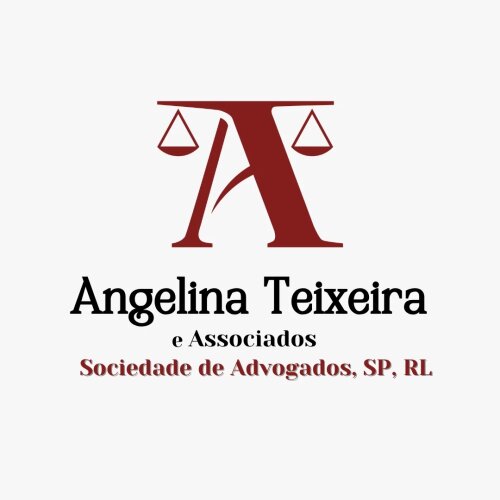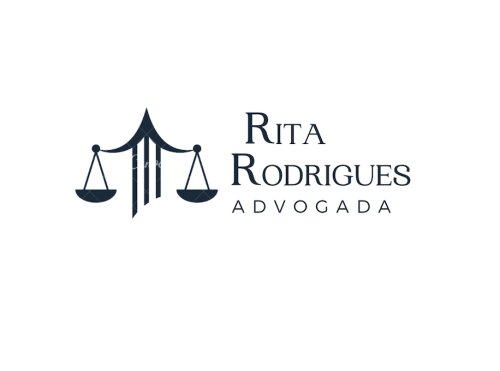Best Whistleblower & Qui Tam Lawyers in Porto
Share your needs with us, get contacted by law firms.
Free. Takes 2 min.
List of the best lawyers in Porto, Portugal
About Whistleblower & Qui Tam Law in Porto, Portugal
Whistleblower and Qui Tam laws provide protection and possible rewards to individuals who report unlawful activities, especially those related to fraud against public institutions or violations of public interest. In Porto, Portugal, these legal frameworks are designed to encourage reporting of corruption, financial crimes, misuse of public funds, and other serious breaches. The laws offer a formal process for individuals to disclose information while ensuring their safety and legal protection from retaliation. Although the concept of Qui Tam claims is more deeply rooted in countries like the United States, similar mechanisms exist within the Portuguese and broader European Union legal landscape to support whistleblowers.
Why You May Need a Lawyer
Initiating a whistleblower claim can be complex, both legally and personally. Common situations where individuals may seek legal assistance include:
- Uncovering fraud or corruption in the workplace
- Witnessing embezzlement or misappropriation of public funds
- Experiencing or fearing retaliation after reporting misconduct
- Needing representation in court or administrative hearings
- Seeking to understand rights and obligations as a whistleblower
- Ensuring confidentiality and protection during an investigation
- Helping to navigate international elements of a case, especially if EU legislation applies
A lawyer can offer guidance, safeguard your interests, and help increase the chances of your case being taken seriously by authorities.
Local Laws Overview
Portugal has implemented laws that enhance protection for whistleblowers, particularly following the European Union Directive (EU) 2019/1937 on the protection of persons who report breaches of Union law. This has influenced national legislation, leading to comprehensive whistleblower provisions.
- Whistleblowers are protected from retaliation in various forms, including dismissal, disciplinary action, and threats.
- Confidentiality of the whistleblower’s identity must be maintained.
- Public and private entities are required to establish secure internal reporting channels.
- Whistleblowers can report directly to authorities if internal channels are ineffective or pose risk.
- There are specific procedures for handling, investigating, and resolving whistleblower claims.
While Portugal does not have a traditional Qui Tam system that allows whistleblowers to directly benefit financially from reporting fraud against the government, protections are available under Portuguese and EU frameworks.
Frequently Asked Questions
What is considered whistleblowing in Porto, Portugal?
Whistleblowing involves reporting illegal, unethical, or improper conduct occurring within an organization or in relation to public interests: for instance, corruption, financial crimes, safety violations, or breaches of laws or regulations.
Who is protected under whistleblower laws in Portugal?
Employees, freelancers, contractors, shareholders, volunteers, and anyone in a work-related context who learns of violations can be protected if reporting in good faith and under the prescribed procedures.
How do I report wrongdoing as a whistleblower?
You can report internally to your employer if they have designated reporting channels, or directly to official authorities such as regulatory agencies if internal reporting is not feasible or safe.
What protections do whistleblowers have?
Whistleblowers are protected against dismissal, discrimination, harassment, and threats. Their identity must remain confidential, and retaliation is prohibited by law.
Is Qui Tam available in Portugal?
No, the classic Qui Tam process, where whistleblowers can receive a portion of recovered funds, is not part of Portuguese law. However, mechanisms for reporting and protection are in place.
Can I remain anonymous when blowing the whistle?
In most cases, confidentiality is guaranteed, but full anonymity is not always possible, especially if further investigation or legal proceedings are necessary.
Am I protected if I report wrongdoing outside of my workplace?
Yes, the law covers reporting of violations even if they occur outside a direct employment context, such as in public procurement or through business partnerships.
What should I do if I face retaliation?
If you suffer retaliation after reporting, you can seek legal assistance and file a complaint with the Labour Authority or other competent bodies. Legal remedies and damages may be available.
How does the law apply to public versus private sector employees?
Whistleblower protections apply both to public and private sector employees in Portugal, with similar safeguards and reporting mechanisms.
Do I need a lawyer to report as a whistleblower?
Legal representation is not mandatory, but it is recommended to ensure you understand your rights, navigate procedures effectively, and protect against possible repercussions.
Additional Resources
For further help and information, the following resources may be relevant to those seeking advice on whistleblower matters in Porto, Portugal:
- Autoridade para as Condições do Trabalho (ACT) - the Portuguese Labour Authority: Receives and investigates workplace complaints.
- Direção-Geral da Administração e do Emprego Público (DGAEP) - offers information for public sector employees.
- Ministério Público - the Public Prosecutor’s Office can receive complaints on criminal matters.
- Gabinete de Prevenção da Corrupção (GPC) - involved in corruption prevention and monitoring.
- Comissão Nacional de Proteção de Dados (CNPD) - ensures proper handling of personal data relating to whistleblowers.
- Ombudsman (Provedor de Justiça) - can assist with public sector and rights protection issues.
- Legal aid organizations and local bar associations offer consultations and legal support.
Next Steps
If you believe you have witnessed wrongdoing and seek to act as a whistleblower in Porto, Portugal, consider the following actions:
- Gather and preserve evidence related to your claim.
- Consult a legal professional experienced in whistleblower law to assess your options and risks.
- Familiarize yourself with your employer’s or relevant organization’s internal reporting procedures.
- If in doubt about internal channels or in urgent/sensitive situations, contact the appropriate legal authority directly.
- Keep detailed records of all communications and steps you take regarding the report.
- Seek support from a trusted advisor or legal aid organization if you face retaliation or feel unsafe.
Taking early legal advice can help you navigate the complexities of whistleblower law, maximize the impact of your report, and ensure your protection under Portuguese and European Union regulations.
Lawzana helps you find the best lawyers and law firms in Porto through a curated and pre-screened list of qualified legal professionals. Our platform offers rankings and detailed profiles of attorneys and law firms, allowing you to compare based on practice areas, including Whistleblower & Qui Tam, experience, and client feedback.
Each profile includes a description of the firm's areas of practice, client reviews, team members and partners, year of establishment, spoken languages, office locations, contact information, social media presence, and any published articles or resources. Most firms on our platform speak English and are experienced in both local and international legal matters.
Get a quote from top-rated law firms in Porto, Portugal — quickly, securely, and without unnecessary hassle.
Disclaimer:
The information provided on this page is for general informational purposes only and does not constitute legal advice. While we strive to ensure the accuracy and relevance of the content, legal information may change over time, and interpretations of the law can vary. You should always consult with a qualified legal professional for advice specific to your situation.
We disclaim all liability for actions taken or not taken based on the content of this page. If you believe any information is incorrect or outdated, please contact us, and we will review and update it where appropriate.
















